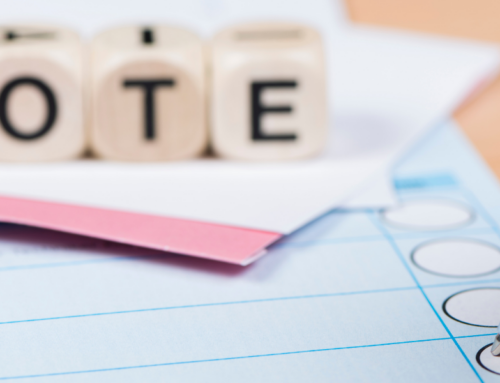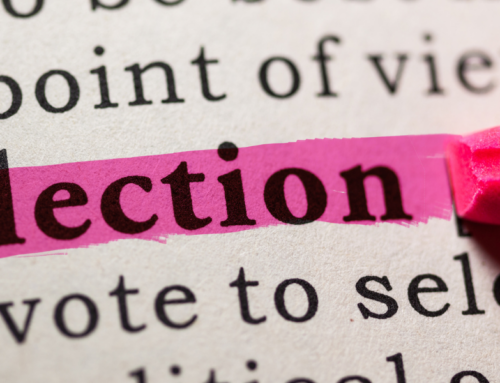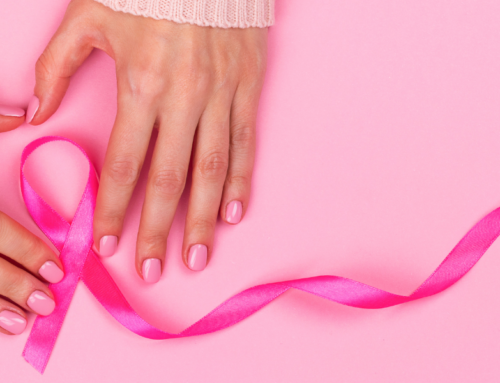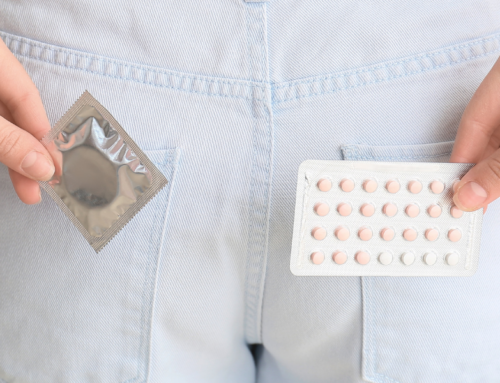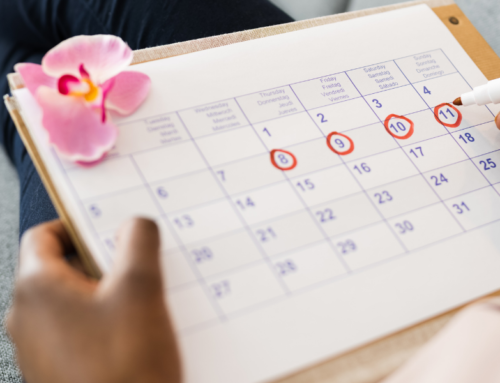Like love, menstruation is something that’s misunderstood by many. Despite the countless innovations and advancements people are now enjoying, there are still those whose menstruation beliefs remain outdated. And they just fuel the already annoying misconceptions about periods.
From incorrect assumptions on the science behind menstruation to hilarious superstitions surrounding it, we surely have heard them all. In fact, we are already tired of them.
“You’re on your period, that’s why you’re always angry!”
Sure, hormonal changes may affect our moods. Endometrial cells’ prostaglandin secretions lead to muscle contractions and consequently painful cramps.
The same chemical may seep into the bloodstream and cause nausea, vomiting, and even diarrhea. And as you may already know, some of us also experience lower pelvic pain, abdominal pain, headache, back pain, and even thigh pain for eight to 72 hours.
Awful, right?
However, this does not mean that all our bursts of anger should be attributed to menstruation.

To be fair, there are lots of things to be angry about in this world, especially if you are a woman who has been suffering from the different manifestations of patriarchy for many years.
These things are more than enough reason for us to feel irritable and even rage, to be honest.
“Stay away from me. You’re dirty!”
It is quite annoying how ideas that were supposedly extinguished half a century ago still persist today. And we can all blame the male scientists of the early 1900s who worked so desperately to prove how toxic menstrual blood was.
It all began with Schick, who said in his 1919 study that menstruating women secreted a toxin, dubbed menotoxin, through their skin. According to him, it was this toxic material that caused the flowers to wilt when they were held by menstruating women.

In 1941, Smith and Smith conducted an experiment where they injected rodents, specifically rats and rabbits, with menstrual blood. They concluded that the toxicity of menstrual blood caused the rodents to “hunch up” and die within 48 hours.
This experiment was reproduced by Zondek in 1953, who found the real culprit for the death of Smith’s rats: bacteria found in the culture of menstrual material. If injected with antibiotics, the menstrual blood caused a total of zero deaths among the rats.
By 1974, even the publication The Lancet was sick of hearing about menstrual toxin, as evidenced by an article titled ‘”MENSTRUAL TOXIN’ AGAIN”, written by Pickles, who summed up the failure of current research at that time to scientifically prove the toxicity of menstrual blood and to produce the specific toxin component in menstrual blood.
In the same year and publication, Ernster slammed the initial “studies” quite eloquently, stating that “a 1924 photograph of a wilted daisy … and the unexplainable death of one Italian tree … are insufficient data on which to build a case in 1974.”
So, what’s actually in menstrual flow?
Well, menstrual flow is composed of blood, mostly containing the same chemicals as circulatory blood, except with much lower levels of prothrombin to prevent clotting, and with the addition of prostaglandins, vaginal secretions, and endometrial tissue.

Menstrual blood is not some poisonous liquid-like many ignorant people imagine, so there is no point treating menstruating people as though they were bearers of toxic materials that could easily kill people. Neither are we dirty when menstruating, because hello, have you heard of proper hygiene?
“Period pain? It’s not like you’re gonna die!”
Menstruators’ bodies differ from one another, and so do the symptoms they feel before and during their period.
Some people feel little to no pain throughout their period while some experience different levels of pain, ranging from lower back pains to intense nausea and headaches.
This is why it’s never okay to downplay someone’s pain since you can never be sure about how intense it is.

But of course, cases in which women’s pain isn’t taken seriously are no longer to us, even if some doctors have already claimed that it can be as intense as heart attacks.
Women’s struggles have been downplayed in society for centuries. That sucks, and that should change.
“You’re bleeding, so you better stay in bed.”
Although some prefer staying at home and even lying down for long hours during their periods due to the pain they are feeling, there are still those who like to stay active even when menstruating.

The truth is that a lot of individuals can still manage to participate in sports and other physical activities while they are on their period.
This is why Sinaya Cup has also been more active in providing an effective, waterproof, and efficient period solution to these individuals by selling menstrual cups in the Philippines.

Being a menstruating individual is indeed tiring. Apart from having to deal with the menstruation flow itself, we also receive a lot of annoying and tiring comments from people who don’t seem to know how the reproductive system works. Ugh!



